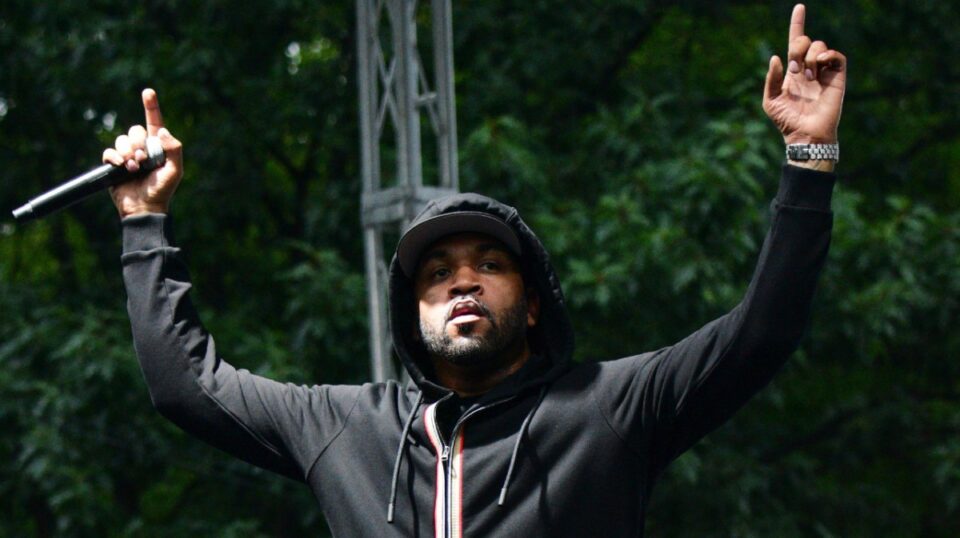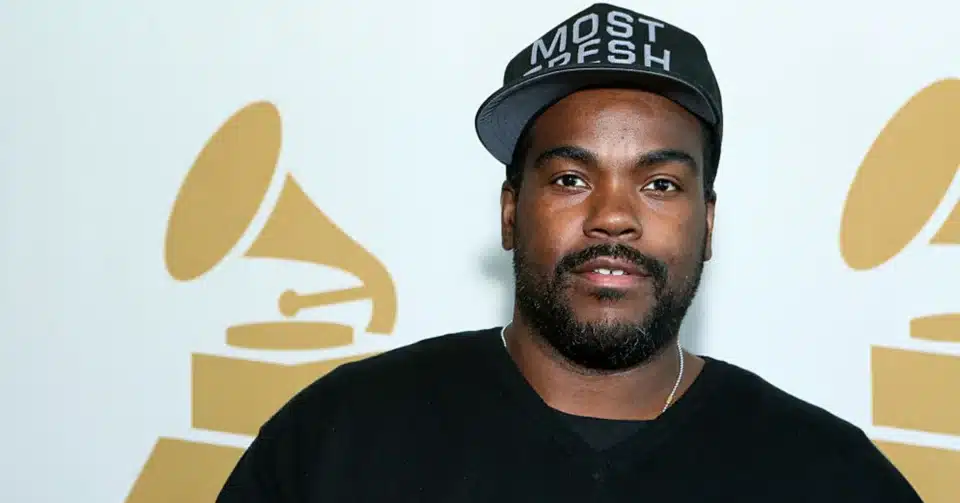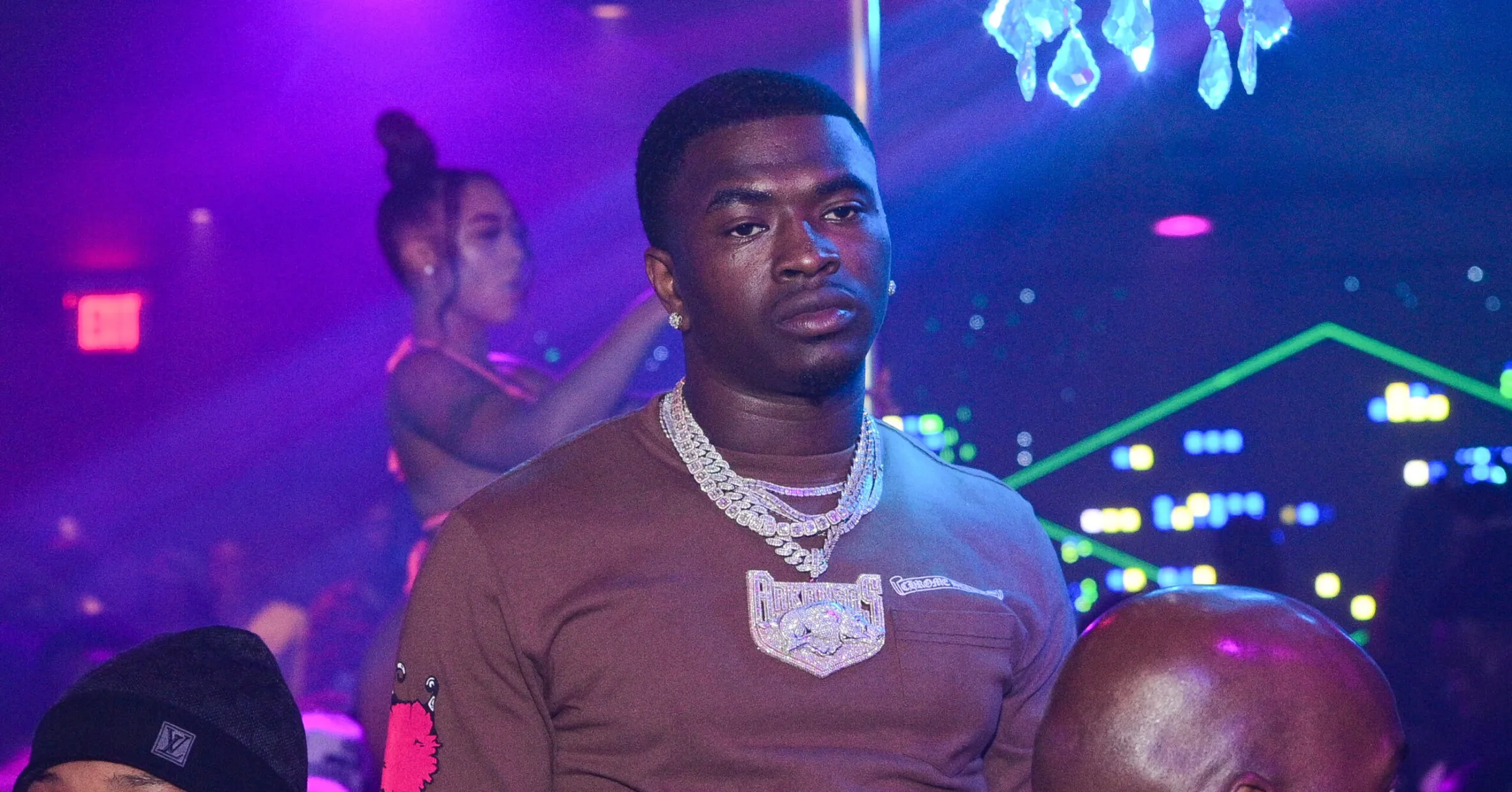Dive into thought-provoking conversations around social media’s influence, community dynamics, and individual agency.
- The allure of parties and social media can distract from crucial missions like social and political advocacy.
- There’s a lack of engagement from affluent Black women with poorer communities, impacting voting dynamics.
- Candace Owens is experiencing a shift in identity and social awareness, highlighting societal boundaries.
- Power struggles and community support are central themes in discussing social change and personal growth.
In today’s digital age, it’s easy to get caught up in the glamor of social media. Posts showcasing lavish parties, gourmet meals, and luxury items can quickly divert attention from significant issues like political advocacy. The Congressional Black Caucus, originally a force for change, has found its focus diluted by outside sponsorships hosting extravagant events.
Meanwhile, the voting dynamics within communities reveal a disconnect. Despite having support from affluent Black women, political figures often miss the mark with poorer demographics. Genuine engagement requires more than gestures like holiday turkeys; it demands consistent support and equity in political involvement.
Candace Owens, known for her bold narratives, seems to be undergoing a realization about her identity. Her experiences reflect the challenges of maintaining one’s cultural roots while navigating elite circles. The societal pressures faced highlight a broader conversation about authenticity and belonging.
The discussion further explores how power structures can trap individuals in a cycle of poverty and ignorance. For instance, prominent figures could better leverage their wealth for community improvement rather than superficial displays. Such a shift could empower more effective advocacy and unity.
Experiences within institutional systems often strip individuals of dignity and agency. The portrayal of prison life, for instance, details the harsh realities faced by inmates—emasculated and dehumanized. This calls for conversations about reform and the inhumane conditions prevalent within the justice system.
Ultimately, it’s about understanding the complexity of societal roles and striving for genuine unity and progress.









